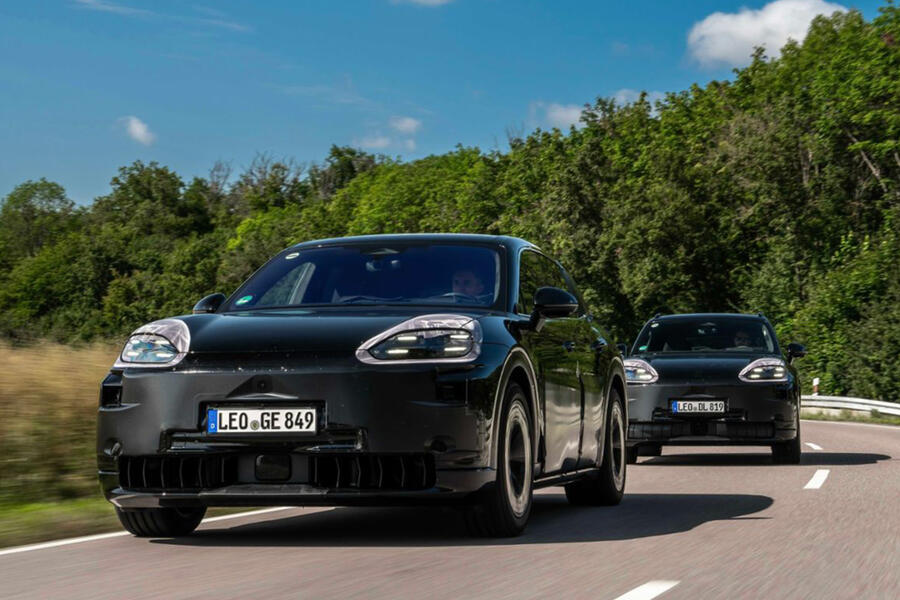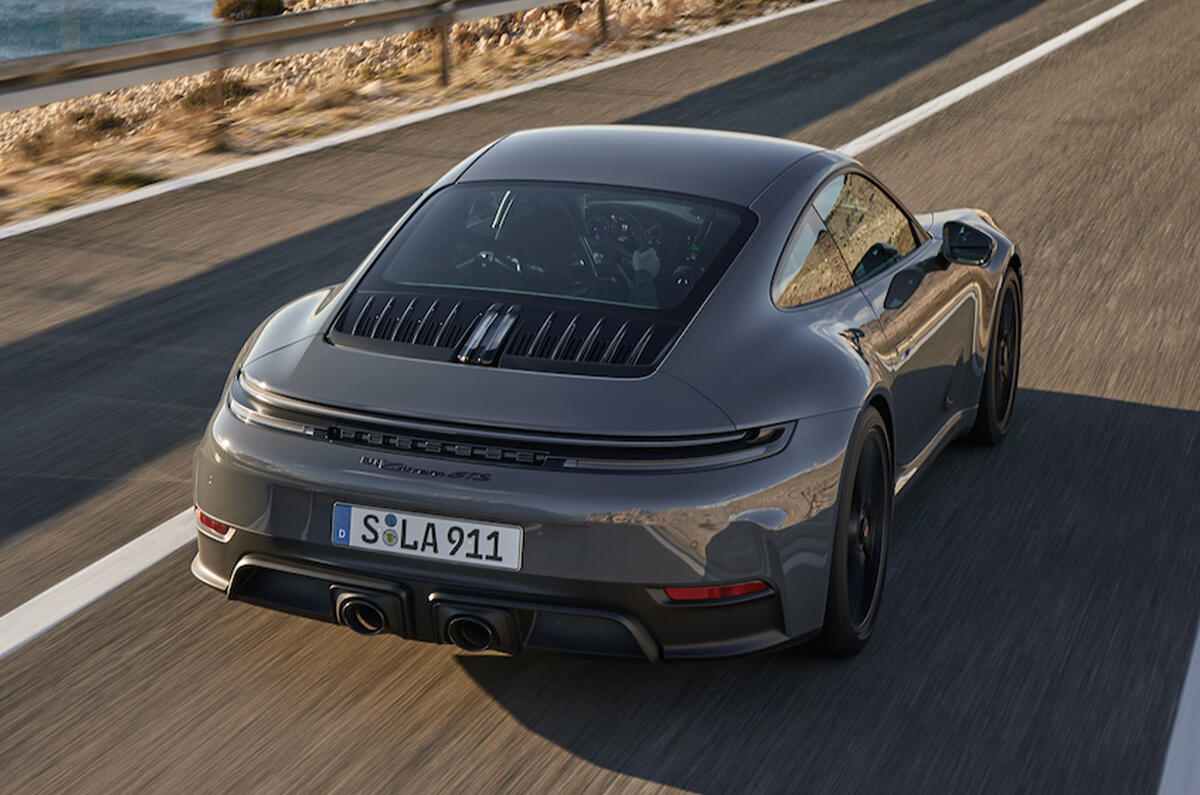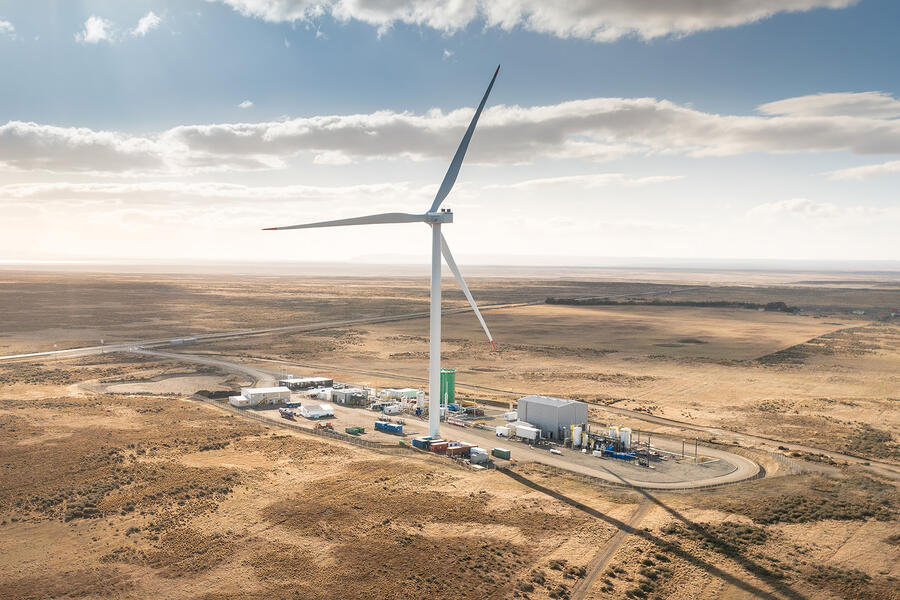Porsche believes synthetic e-fuels could account for “a significant share” of petrol usage by the end of the decade, boosted by increasing support for the technology from potential customers and governments.
The German firm has invested heavily in developing e-fuels, working with HIF Global and other partners to start a trial production facility in Chile. That pilot project is intended to show that e-fuels can be produced in a carbon neutral fashion, at a time when there are doubts over its viability.
The European Union currently intends to allow combustion-engined cars to remain on sale in Europe after 2035, but only if they run on carbon neutral e-fuels. But some in the industry fear that latter requirement is unviable and could lead to a ban on combustion engines 'through the back door'.
Porsche is attempting to showcase that e-fuel production can work at scale, with its focus as much on addressing how to reduce emissions from the existing global car parc. Millions of existing combustion engine cars will remain in use long for years to come, and Porsche believes e-fuels are a key step to reducing their environmental impact.
The e-fuel plant in Chile is run using renewable energy and currently produces e-fuel that is used in the Porsche Supercup race series and a number of other applications.
Porsche originally viewed e-fuels as a potential way to ensure its old cars could remain on the road in the future, rather than as a direct alternative to electric cars.
But Michael Steiner, Porsche’s research and development boss, said the success of the project – and increasing interest in alternatives to EV technology – could change that.
He told Autocar: “Since we started this project, more and more people – customers and politicians – have realised you cannot only push e-mobility. It’s the main track, but we have to think about the huge, huge existing fleet of ICE cars, which is still growing.
“Everybody has to substitute new cars step by step with battery-electric cars, but we have to take care how we could substitute all that fossil energy that we put into cars, ships, planes and so on.

“We see this as a great additional strategy to e-mobility and we think we could really help the environment in a faster manner, because we could do something for existing cars.”
Steiner believes Porsche’s e-fuels plant should serve as “a role model”, with e-fuel production being scaled up. Rather than switching cars to run purely on e-fuels, Steiner said: “We could, little by little, gallon by gallon, substitute fossil fuel with e-fuel by mixing a blend.









Join the debate
Add your comment
Carbon Emissions are not the only problem with internal combustion engines. 9 million people a year are killed by air pollution, much of it caused by combustion engines. Plus internal combustion engines are less than 30% efficient in real world use (in fact more like 20% efficient in most cases). They waste most of the energy in the fuel as heat. Synthetic fuel would do nothing to alleviate these problems and it is therefore an inferior technology to cleaner, more efficient battery electric powertrains. As for all those old combustion vehicles, they can either be scrapped or converted to electric.
Heard it all before. If they think it'll be so big start to mass market produce then rather than use it as a diversionary tactic.